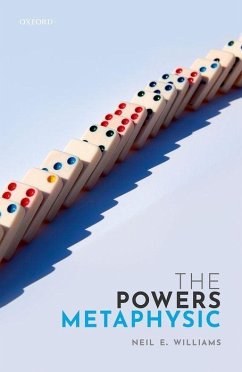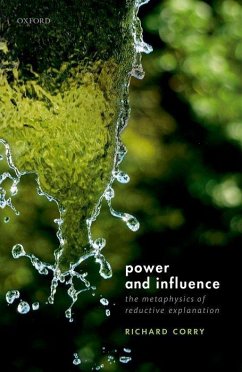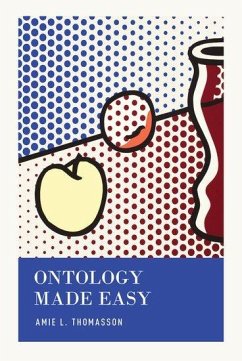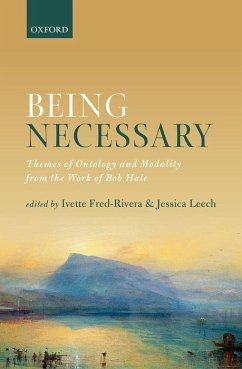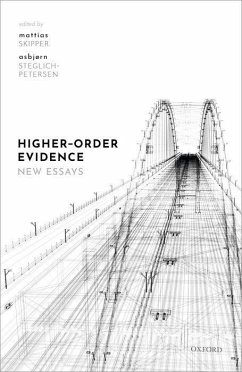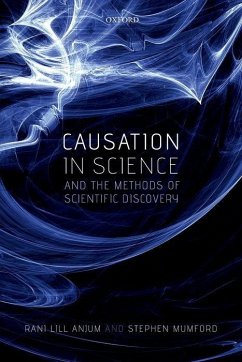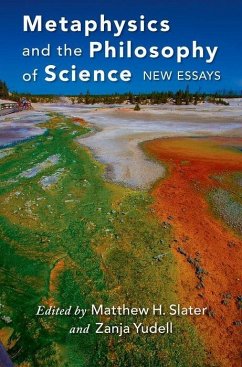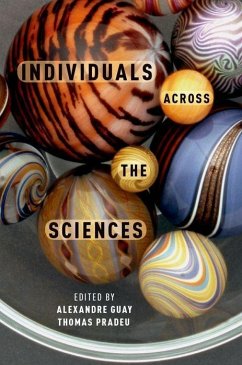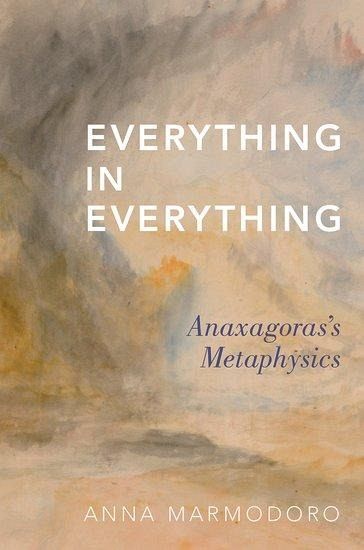
Everything in Everything
Anaxagoras's Metaphysics
Versandkostenfrei!
Versandfertig in 1-2 Wochen
123,99 €
inkl. MwSt.
Weitere Ausgaben:

PAYBACK Punkte
62 °P sammeln!
Anaxagoras of Clazomenae (Vth century BCE) is best known in the history of philosophy for his stance that there is a share of everything in everything. He puts forward this theory of extreme mixture as a solution to the problem of change that he and his contemporaries inherited from Parmenides - that what is cannot come from what is not (and vice versa). Yet, for ancient and modern scholars alike, the metaphysical significance of Anaxagoras's position has proven challenging to understand. In Everything in Everything, Anna Marmodoro offers a fresh interpretation of Anaxagoras's theory of mixtur...
Anaxagoras of Clazomenae (Vth century BCE) is best known in the history of philosophy for his stance that there is a share of everything in everything. He puts forward this theory of extreme mixture as a solution to the problem of change that he and his contemporaries inherited from Parmenides - that what is cannot come from what is not (and vice versa). Yet, for ancient and modern scholars alike, the metaphysical significance of Anaxagoras's position has proven challenging to understand. In Everything in Everything, Anna Marmodoro offers a fresh interpretation of Anaxagoras's theory of mixture, arguing for its soundness and also relevance to contemporary debates in metaphysics. For Anaxagoras the fundamental elements of reality are the opposites (hot, cold, wet, dry, etc.), which Marmodoro argues are instances of physical causal powers. The unchanging opposites compose mereologically, forming (phenomenologically) emergent wholes. Everything in the universe (except nous) derives from the opposites. Marmodoro shows that this is made possible in Anaxagoras system by the omni-presence and hence com-presence of the opposites in the universe, which is in turn facilitated by the fact that for Anaxagoras the opposites exist as unlimitedly divided. She argues that Anaxagoras is the first ante litteram 'gunk lover' in the history of metaphysics. He also has a unique conception of (non-material) gunk and a unique power ontology, which Marmodoro refers to as 'power gunk'. Marmodoro investigates the nature of power gunk and the explanatory utility of the concept for Anaxagoras, for his theory of extreme mixture; and finally contrasts it with the only other metaphysical system in antiquity positing (material) gunk, that of the Stoics.




